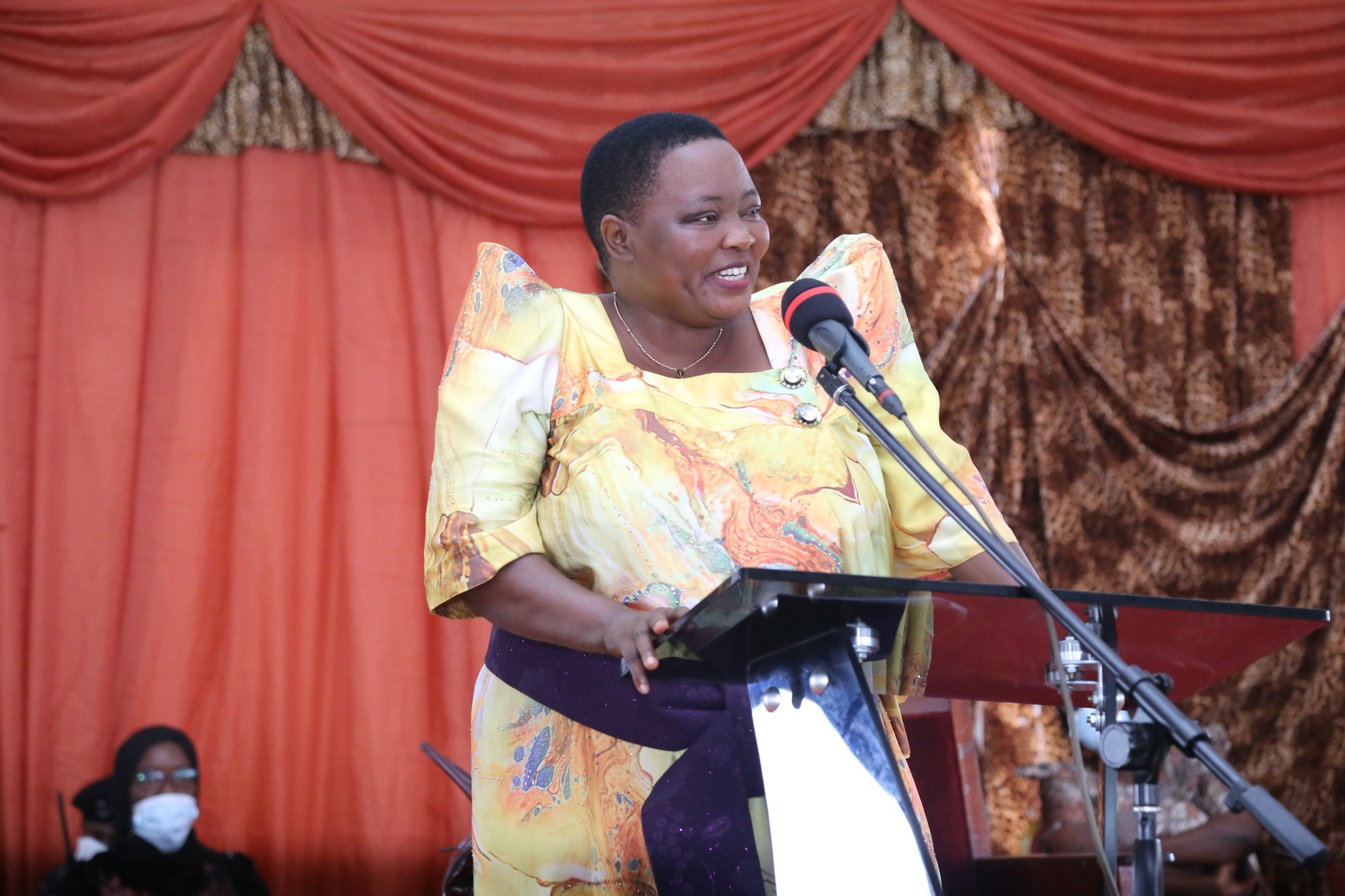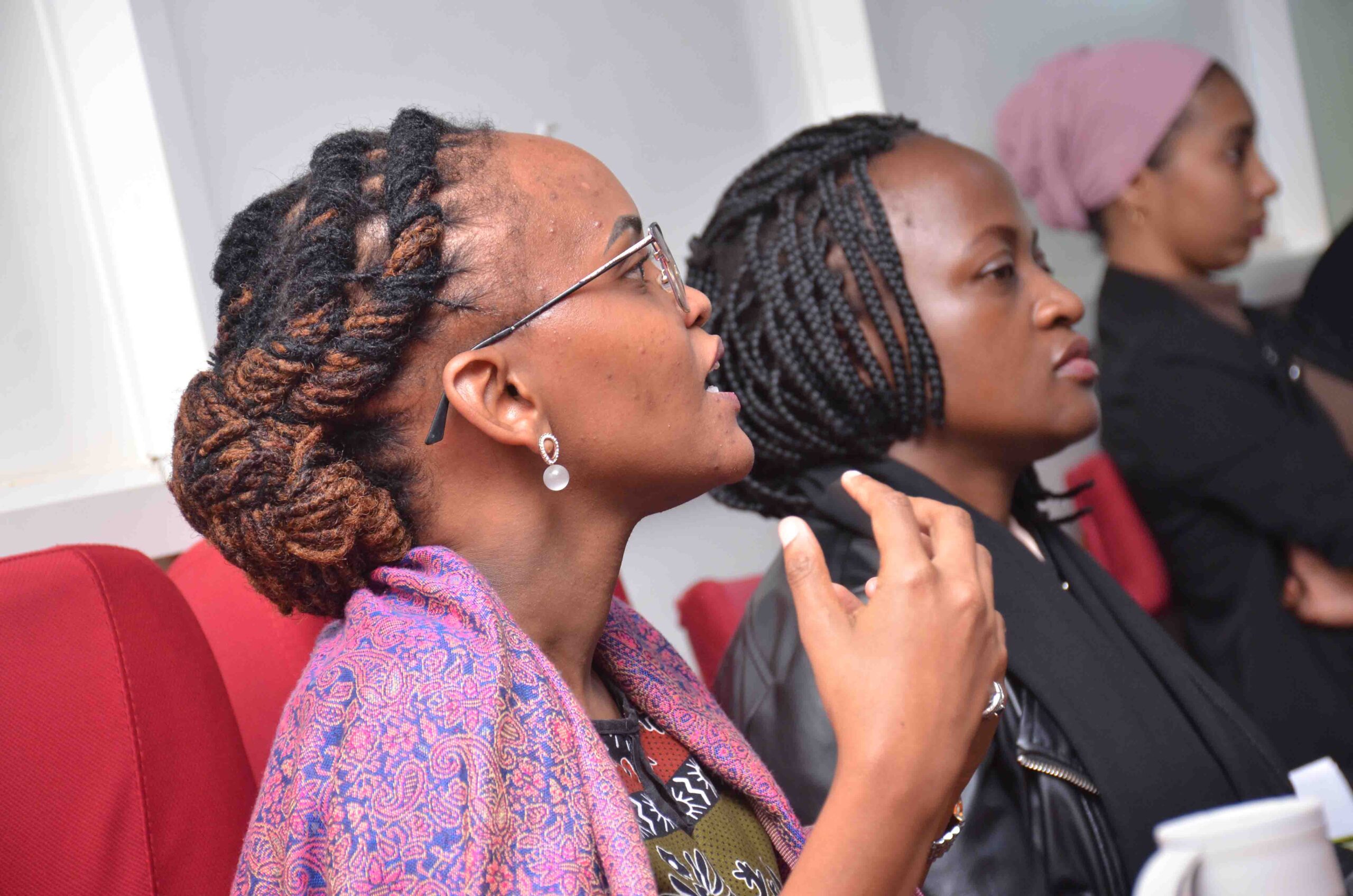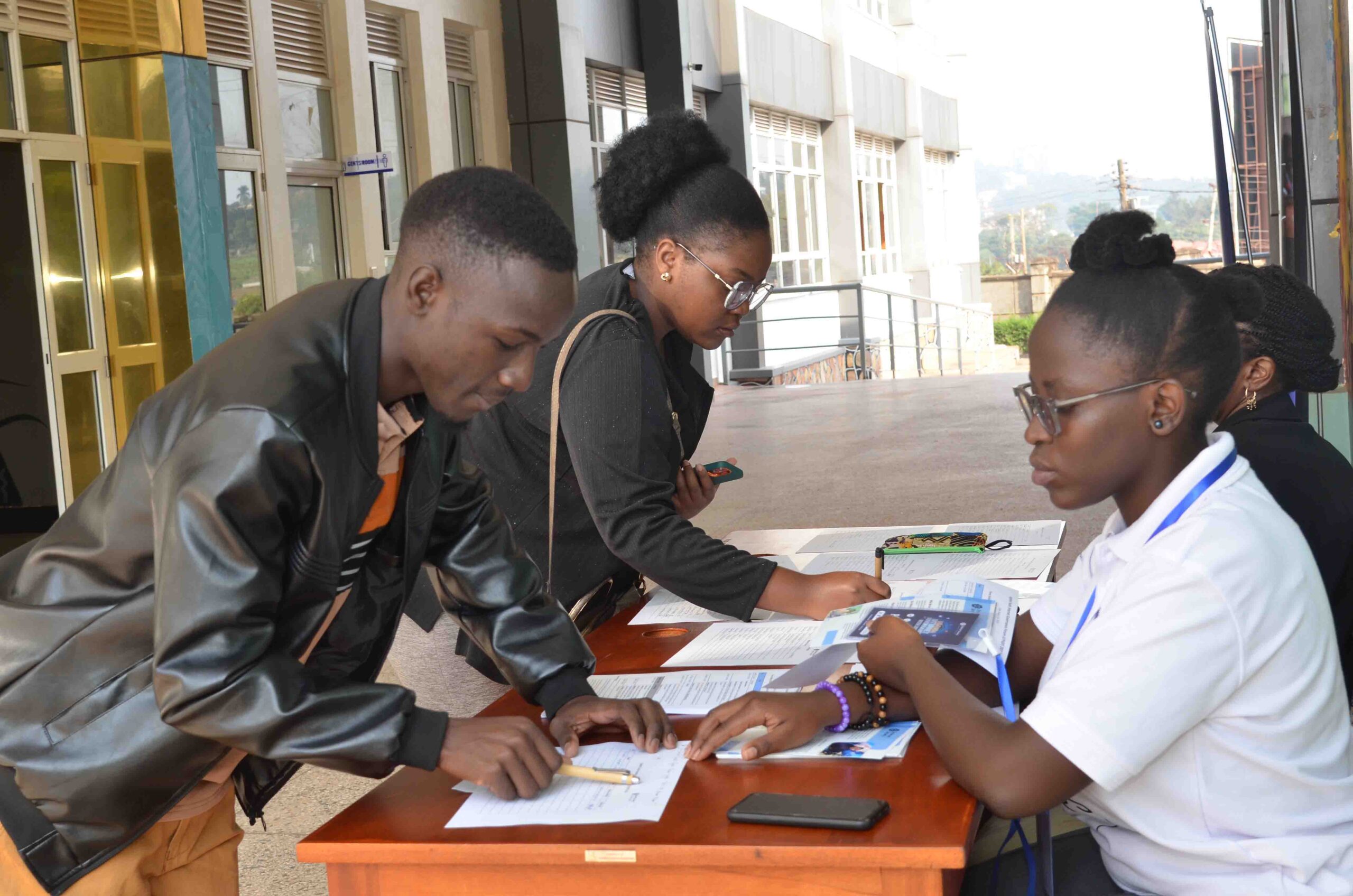Uganda Faces Maternal Health Crisis Amid COVID-19 Pandemic
A pregnant mother receives care at a health facility as part of routine check up for pregnant women
Maternal health challenges have long plagued Uganda, and the COVID-19 pandemic has only exacerbated the situation. While the spirit of solidarity is strong, with hundreds of thousands of Ugandans donating to the national COVID-19 Task Force, maternal and reproductive health services have suffered a severe decline. The lack of readily available support staff at health centers has led to the tragic deaths of mothers and their unborn babies.
Kawempe Regional Referral Hospital, the central public maternal and neonatal facility serving over 8 million people, has closed most of its maternal wards and other departments to reduce the spread of COVID-19. This closure has severely impacted access to essential maternal services and contraceptives for many women.
As the lockdown continues, reports of extreme violence against women are on the rise, with some incidents resulting in death. The cessation of public and private transport has further hindered accessibility, and the closure of nearby facilities continues to weigh heavily on Uganda’s poorest communities.
Despite the government’s encouragement for pregnant women and girls to seek sexual and reproductive health (SRH) services at the nearest facilities, many of these are either closed or lack the necessary supplies and capacity to handle emergencies.
“I have walked from Kyansuti to this place three times, but every time I come here, the nurse tells me to come back in a week’s time,” narrates Joyce Nakintu, who treks about 14 kilometers to Bweya Health Center IV to access healthcare services.
The number of people dying from non-COVID-19-related illnesses may surpass the recorded COVID-19 infections in Uganda today, raising serious concerns within the community about the overall approach to the pandemic.
Call to Action
We urge the government and all stakeholders to prioritize maternal health services and ensure that healthcare facilities are adequately staffed and supplied. Community members are encouraged to support one another and advocate for better healthcare access. Join local groups supporting women’s health and rights, and push for policy changes that address these urgent issues.



